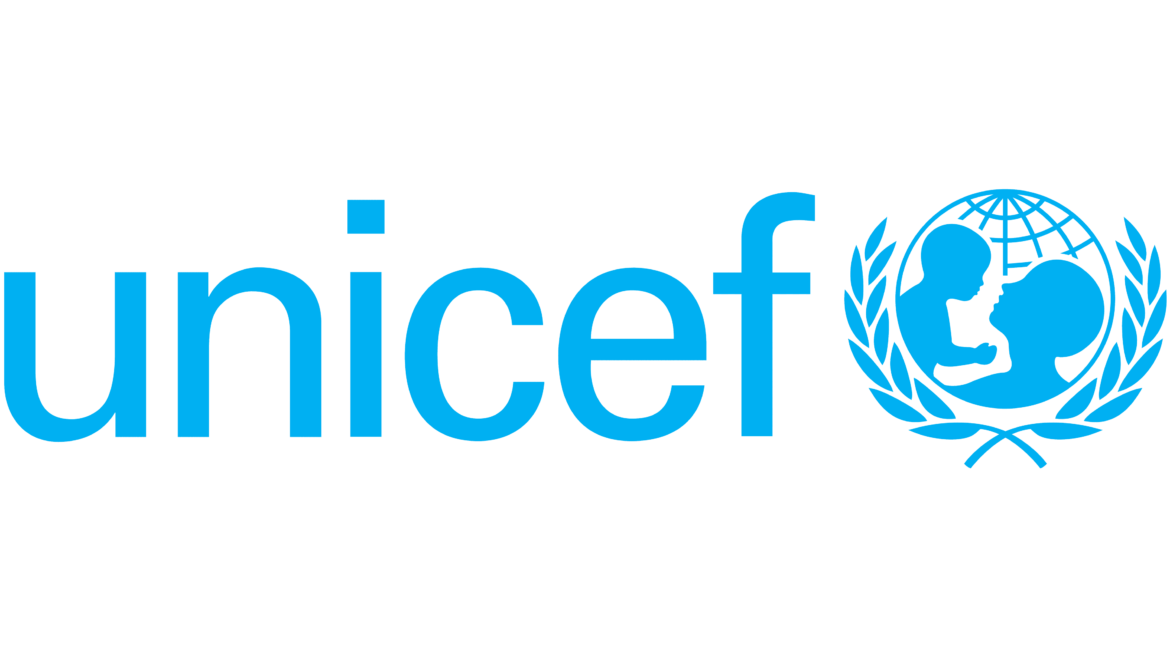By Muhammad Amaan
The United Nations Children’s Fund (UNICEF) has revealed that 25 per cent of annual investments in Nigeria’s water and sanitation sector are compromised due to inadequate operation and maintenance, along with infrastructure dysfunction.
UNICEF’s Chief of Water, Sanitation and Hygiene, Dr Jane Bevan, who disclosed this at the ongoing Nigeria/UNICEF Annual WASH Review Meeting in Abuja said this indicated a significant setback in efforts to address water and sanitation challenges.
According to her, a critical analysis of WASHNORM and the Sector Wide Sustainability Checks, exposed the concerning trend.
Bevan said UNICEF WASH Programme Priorities for 2023 to 2027 includes a focus on WASH sector financing, sustainability of infrastructure and services, capacity-building, creating an enabling environment for WASH in institutions such as schools, among others.
She said emphasis would be placed on ending open defecation in Nigeria through the Clean Nigeria Campaign, as well as addressing climate resilience in WASH efforts, cutting across all priority areas.
Bevan stressed the importance of cross-sectoral collaboration for funding WASH initiatives in schools and primary health care centres, advocating for joint efforts between the Ministries of Education, Health, and Water and Sanitation.
The UNICEF chief outlined strategies for capacity-building and creating an enabling environment for WASH in institutions such as developing scalable models for the operation and maintenance of WASH facilities, implementing standardised policies and guidelines.
This, she said, was in ensuring comprehensive data for effective planning, adding that improving partnerships with the private sector would accelerate efforts to meet Sustainable Development Goal 6 (SDG 6), as Nigeria currently falls off track.
She said UNICEF would continue to support the government to address sustainability factors as identified by the sustainability check by strengthening climate resilience across all programme areas.
Deputy Director, WASH Collaboration and Partnerships, Federal Ministry of Water Resources and Sanitation, Mr Olabode Fashoyi, underscored the strategic focus on increasing sector financing and improving the sustainability of WASH services and systems.
He said targets achieved in 2023, include the establishment of WASH departments in 38 new local government areas and training 1,000 WASH committees for community awareness.
Looking ahead to 2024, Fashoyi outlined ongoing initiatives, such as the implementation of the water facility operation and maintenance strategy in states like Sokoto, Kebbi, Zamfara, Adamawa, Borno, and Yobe.
He said new guidelines for drinking water monitoring and surveillance have been launched.
The National Coordinator of the Clean Nigeria, Use the Toilet Campaign Programme, Mrs Chizoma Opara, emphasised the need for states to intensify efforts in achieving the National Open Defecation Free roadmap.
She pointed out that some states, including Enugu and Abia, have shown progress by adopting bye-laws and roadmaps.
Expressing concern, she highlighted that only 117 out of 774 local governments are Open Defecation Free, and stressed the urgency of operational funding for effective monitoring, stating that the 2025 target is approaching rapidly.
“We need to have operational funding, the Federal Government cannot be monitoring from Abuja so that ODF local government areas do not relapse, monitoring is key.”
The annual forum served as an opportunity for key stakeholders to evaluate the achievements of the FGN/UNICEF WASH activities during the inaugural year of the 2023 to 2027 implementation cycle.




